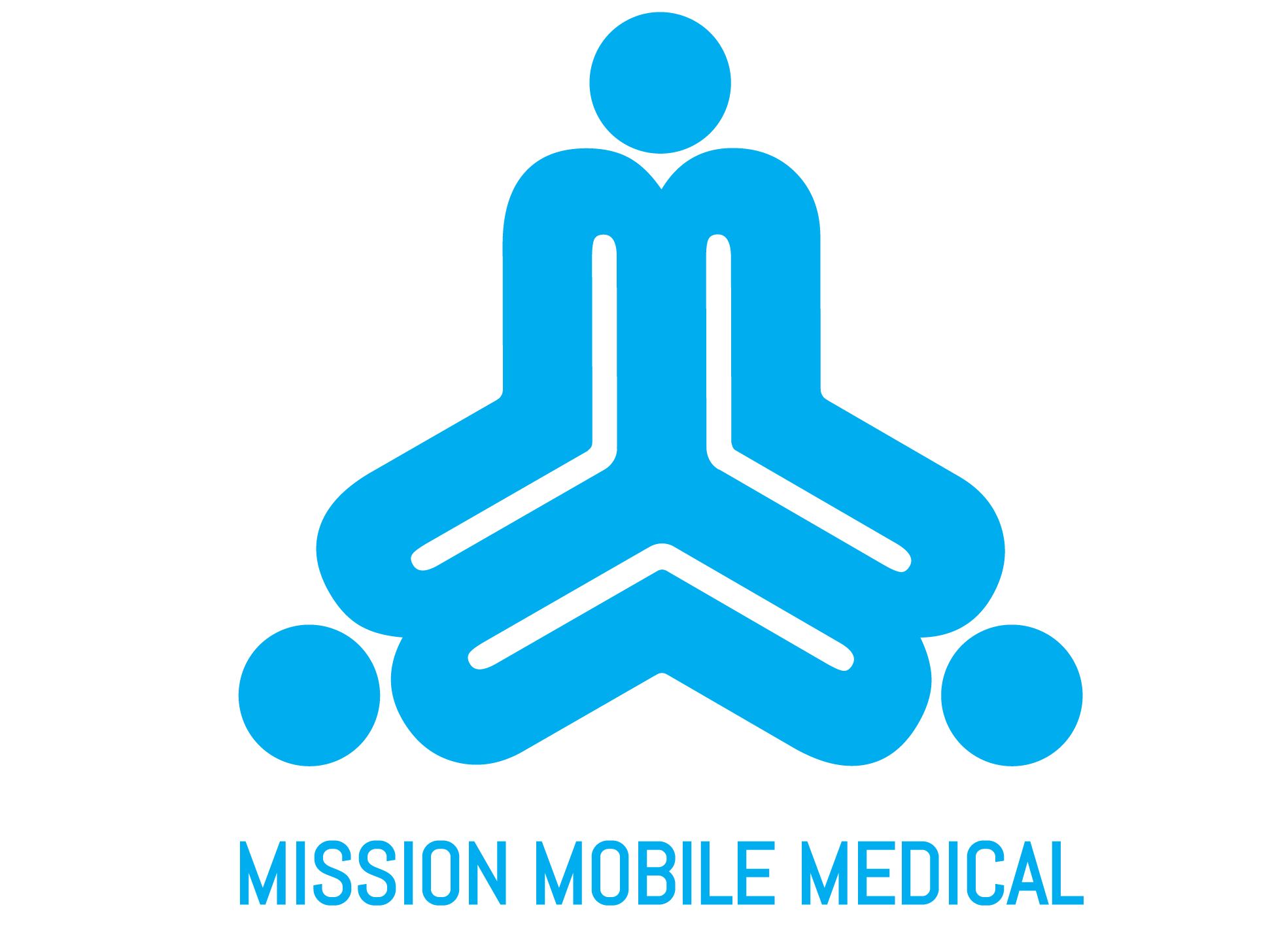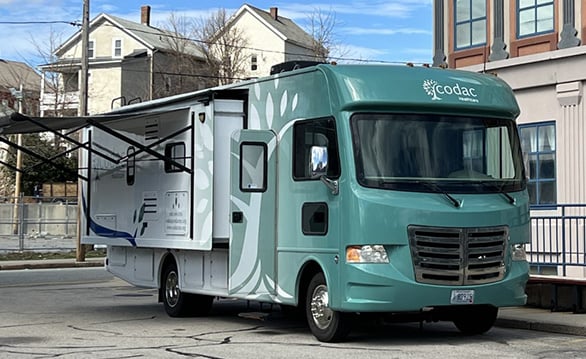Mobile Clinic Type Guide
Mobile clinics have become an increasingly popular way to provide healthcare services to those in underserved communities. These clinics are a vital...
2 min read
 Mission Mobile Medical
Apr 25, 2023 5:02:33 PM
Mission Mobile Medical
Apr 25, 2023 5:02:33 PM

Opioid addiction remains a major public health crisis, with devastating consequences for individuals, families, and entire communities. According to the National Institute on Drug Abuse, over 200 people die every day due to opioid overdoses in the United States alone. Despite efforts to combat the opioid epidemic through improved access to treatment, many still face significant barriers to care.
Mobile clinics offer a path forward for addressing opioid addiction in a more effective and accessible way. These mobile healthcare units are designed to provide medical services directly to underserved communities, often in remote or rural areas, or in urban centers where traditional healthcare facilities are overburdened. Mobile clinics make a significant difference in the fight against opioid addiction by providing outreach, testing, and treatment services to individuals and communities that might otherwise struggle to access them.
Mobile clinics are just like their larger clinic counterparts, staffed by teams of healthcare professionals, including physicians, nurses, and substance abuse counselors in order to provide a range of services to address opioid addiction. Examples of this can include:
One of the key advantages of mobile clinics for treating opioid addiction is that they can significantly reduce waiting times for treatment. With traditional healthcare facilities often overwhelmed and understaffed, people seeking help for opioid addiction may have to wait weeks or even months for an appointment. This can lead to increased risk of overdose or other complications, as well as discouragement and frustration that may deter them from seeking treatment altogether. Mobile clinics can provide more immediate access to care, which can make a crucial difference in the lives of people struggling with addiction.
Another advantage of mobile clinics is that they can provide care in underserved areas or communities that may not have access to other healthcare services. In some cases, mobile clinics may partner with community-based organizations or outreach programs to provide healthcare services directly to people in need. This can help build trust and familiarity with healthcare services, which can encourage people to seek treatment for opioid addiction and other conditions.
Mobile clinics have already made a positive impact in many communities across the United States. For example, CODAC Behavioral Healthcare in Rhode Island, operates a mobile clinic that provides opioid addiction treatment and other healthcare services to under-served locations. The clinic uses a holistic approach that includes medically-assisted treatment (MAT), outreach and counseling services, and general health screenings for blood pressure and mental health. This has allowed CODAC to guide many in their community on the road to recovery, and has set an example on what is possible for other medication dispensing mobile clinics across the country.
Ultimately, mobile clinics can play a vital role in addressing the opioid epidemic by making treatment more accessible, reducing waiting times, and providing care in underserved areas. While not a panacea, mobile clinics offer a new approach to treating opioid addiction and supporting affected communities. By investing in mobile clinics and supporting their use, we can work toward a future where opioid addiction is no longer a widespread public health crisis.
Interested in learning more about the ins and outs of mobile medication clinics? Learn more here today!

Mobile clinics have become an increasingly popular way to provide healthcare services to those in underserved communities. These clinics are a vital...

Mobile clinics are becoming an increasingly important part of health centers and their ability to provide comprehensive preventative, primary, and...

We have seen the increasing demand for mobile clinics in providing healthcare services to underserved communities or remote areas with limited access...